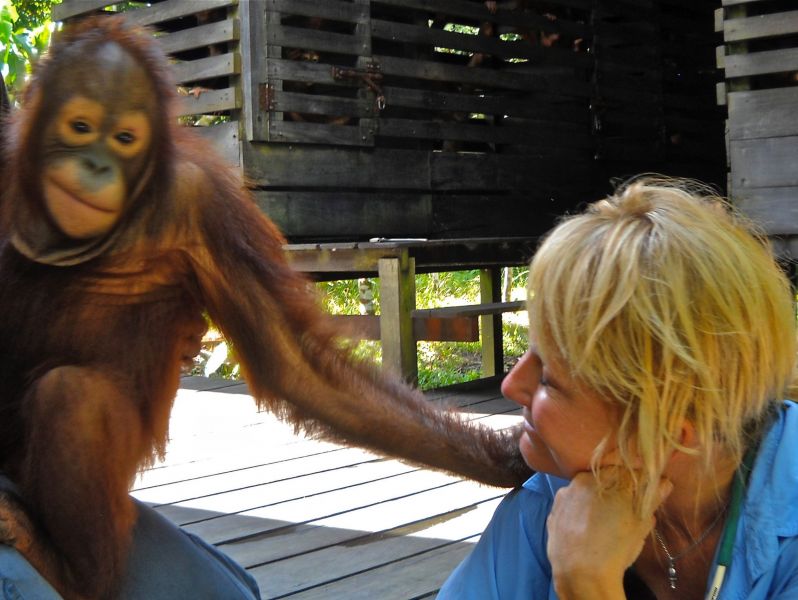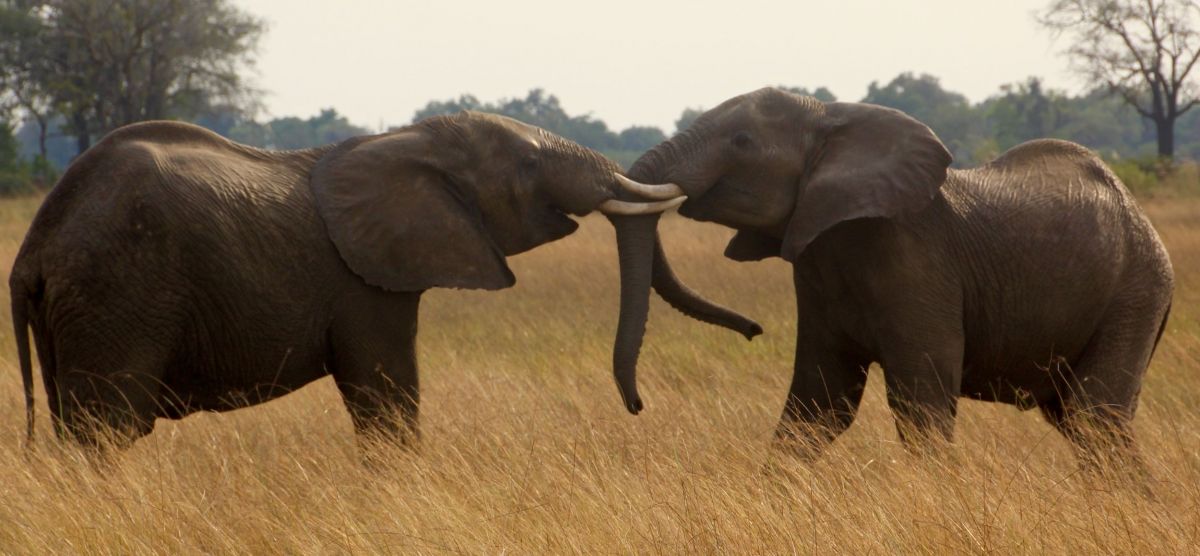
ARE YOU MAKING A DIFFERENCE?
This holiday season, we thought we would talk about some important and interesting ideas to all of our friends who love nature and wildlife. We all know about climate change and how it is affecting our lives- but climate change ,as well as other factors, is also contributing to extinction of the Earth's wildlife and, ultimately, endangering our own existence.
The role of charismatic wildlife like Cecil the lion, in raising awareness of species loss can be very effective, but it is often questioned and many people living alongside captivating, but highly dangerous animals like lions, tigers and elephants have mixed feelings about our sensational, temporary “animal awareness”.
People in Africa , often laugh at the “armchair conservationists” of the West. For instance, recently a huge fundraising effort in the UK was mounted to relocate elephants from a closed down zoo in England, to Kenya to live in the wild. Forget the fact that Kenya already has too many elephants for the elephant habitat they currently have available- those elephants would have no chance of living on their own in the wild. But it sounded great to UK citizens and millions of dollars were raised!
We agree with wildlife experts on how we need to try to refocus the emotion generated by individual characters like Cecil and channel it to protecting the Earth’s wild habitats. The charismatic animals are great for getting people's attention, but we cannot just leave it at that.
The biggest danger for earth’s wild animals today is simply loss of habitat because of so many humans. From Idaho to Botswana- villages, farms, highways and homesteads are taking over the Earth’s wild places.
Strangely enough, in some areas hunting preserves are becoming a useful and effective barrier between wildlife parks and sanctuaries and civilization. Although we certainly don't condone trophy hunting- hunting of non-crucial, renewable species like antelope can help preserve our wild habitats .
Programs like that of our friend Amy Dickman in Ruhaha, Tanzania , connect local villagers to local wildlife in a positive way. Game cameras, that are tripped by motion, are mounted in the areas surrounding their village, forests and grazing fields. Every month the village gets a payment based on how many wild animals were recorded on those cameras. The villagers can see the value of their wild animals paying for school supplies, medical aid, and better living conditions.
We need to preserve the "wild" in nature - the very thing we love about lions,Gorillas ,Giraffes is that they are a key, untamed element of their habitat. The loss of Earth’s wild places is happening at a truly terrifying pace.
From North America to the Serengeti, the challenge is how to persuade the people in positions of power and who create and implement policy to act in favor of the nature we all depend on.
The wise management of our vanishing wild places is going to be in the hands of today’s children and they can be the answer to this crisis. We hope the lessons they learn through ARTS FOR ANIMALS programs will influence those children to grow up respecting nature and understanding the true value of their wildlife.
The good news is that local communities around the world are much better informed today on matters that affect their future. For instance,ARTS FOR ANIMALS is teaching locals in Africa to be creative and take a more proactive ,visionary approach in shaping their destiny. We are giving them tools to choose to be the change they hope for -rather than simply relying on others to fix those problems.
Of course, wildlife issues and species extinction is just one of the challenges the earth faces today. The questions we think we should all be asking ourselves is,” What did I do to leave my home a better place? What difference am I making in the Earth’s future and the future of my children?
If you don't have an answer to those questions, perhaps you would feel better and more fulfilled in your life if you shared your own blessings in some way. We encourage you to do SOMETHING - help your local food bank, contribute to your favorite charity, or volunteer to help someone in need

